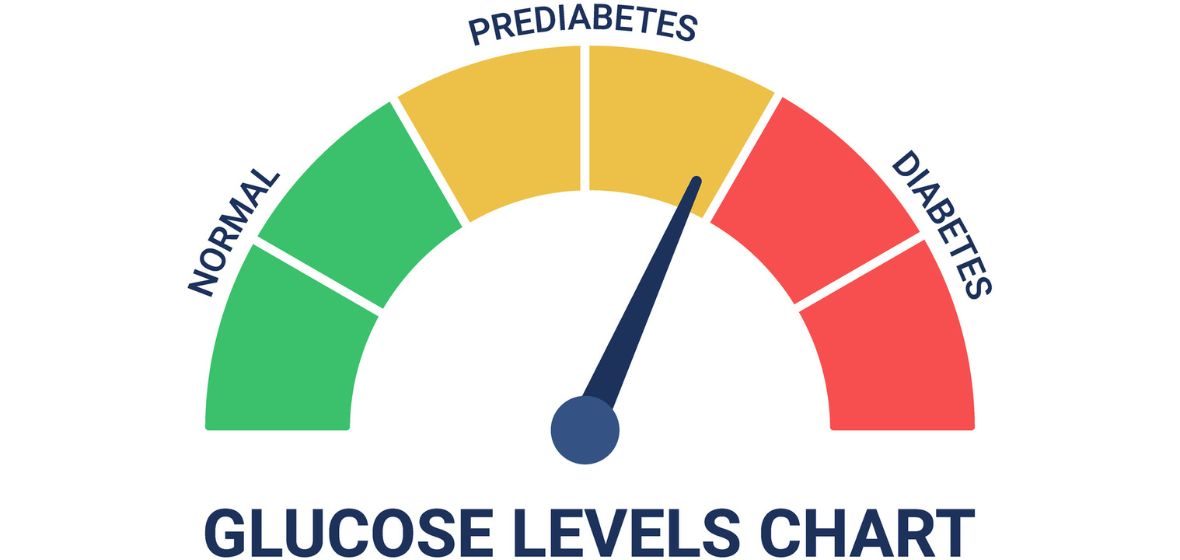
Prediabetes is a condition in which the blood sugar is higher than what is considered healthy but not high enough to diagnose diabetes. It is a serious health condition, that can be prevented and requires attention. Adults who have prediabetes are at high risk for developing type 2 diabetes in the next few years if no action is taken.
Around 96 million adults in the United States – more than 1-in-3 adults – have prediabetes. Many of these people have no idea they have prediabetes or the significance of the condition.
When having prediabetes, the body does not respond normally to insulin. This causes the pancreas to make more insulin to try to get the cells to respond. When the pancreas can’t keep up, blood sugar rises.
An individual can have prediabetes for many years without clear symptoms. If you have any risk factors, you should talk to your doctor. Risk factors for prediabetes include all the following:
- Being 45 years or older
- Being overweight
- Being physically active less than 3 times a week
- Being overweight
- Having gestational diabetes
- Darkened skin on parts of the body such as the neck and armpits
There are several ways to prevent type 2 diabetes when diagnosed with prediabetes. Losing a modest amount of weight if overweight, getting regular weekly physical activity and eating healthier foods can help prevent or delay the development of type 2 diabetes. Small changes can have a huge impact on delaying or preventing diabetes altogether.
Are you at risk for prediabetes? Visit www.doihaveprediabetes.org to take a quick risk test.
UofL Health – Diabetes and Nutrition Care offers group and individual education options to help manage lifestyle changes or a diagnosis of prediabetes or diabetes. Talk with your primary care provider or call 502-210-4204 for information about UofL Health’s Diabetes Self-Management Education and Support Program or call 502-588-4600 for information on the Diabetes Prevention Program.









